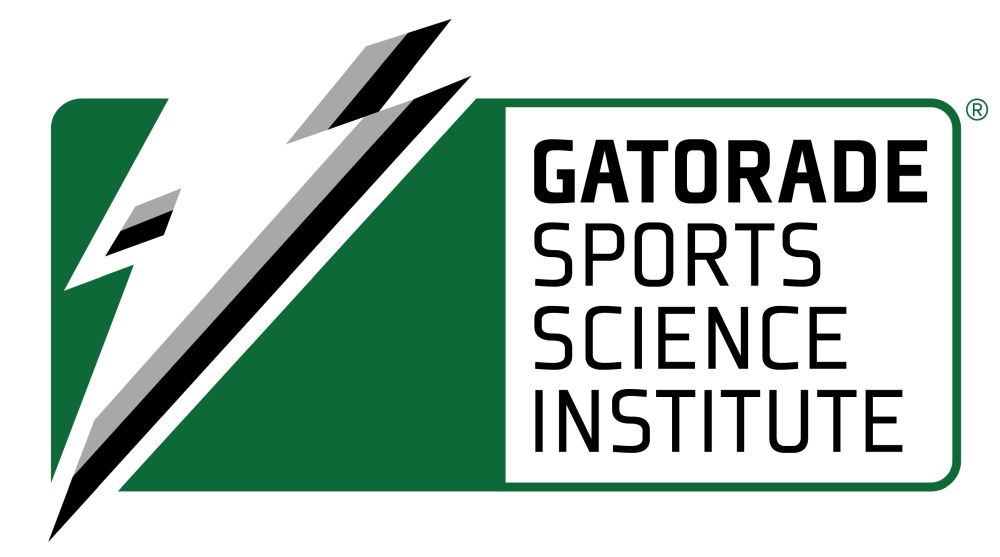Abstract submission is free of charge to all authors. Following the ECSS Scientific Board’s review, all authors will be informed about the acceptance of their submission via our notification to the authors' system.
Congress registration fees must be paid in order to secure your presentation at the congress and to ensure your abstract is published in the Book of Abstracts.
Good reasons to submit your abstract:
- be part of the largest multi and interdisciplinary congress in sport science
- earn international recognition for the work you do
- boost your career while participating in the ECSS Young Investigators Award and GSSI Nutrition Award
- receive the feedback that helps you progress
- make important professional connections
Authors are free to choose between Oral Presentation, Conventional Poster Presentations, or E-posters as a preferred format during the abstract submission process. Authors can also select one of the five following disciplinary fields and perspectives represented in the Scientific Programme.
Biomechanics & Motor control (BM)
Studies of human movement from a mechanical viewpoint (i.e. kinematics, kinetics), and research studying the neuromuscular aspects (i.e. EMG, coordination, motor control) influencing performance. Both fundamental (mechanistic) and observational reports are welcomed. Attention is drawn as well to the loading characteristics of different sports and exercises on the musculoskeletal system. Investigations that use in-vitro or in-vivo approaches in human, animal and cell models are equally acceptable as long as direct links to exercise and sport are apparent.
The Biomechanics & Motor Control field represents the following topics:
- Biomechanics
- Motor Learning and Motor Control
- Neuromuscular Physiology
Physiology & Nutrition (PN)
Life science disciplines in a basic empirical biological science setting. Experimental models that explore and describe the acute and/or training adaptations to exercise and activity are welcomed, as are studies that address the fundamental mechanisms responsible for the beneficial and harmful effects of exercise and sport. Investigations that use in-vitro or in-vivo approaches in human, animal, and cell models are equally acceptable as long as direct links to exercise and sport are apparent.
Please note that neurophysiological work should be submitted in the Biomechanics and Motor Control (BM) discipline.
The Physiology & Nutrition field represents the following topics:
- Molecular Biology and Biochemistry
- Nutrition
- Physiology
Psychology, Social Sciences & Humanities (SH)
Focus on forms, meanings, determinants, and consequences of sport and physical activity in society, whether in the past, present and/or future. Sport and physical activity can be understood as a wide variety of activities taking place in a variety of environments and ranging from, for example, physical culture, exercise, physical education, sports for all, performance/competitive sport, adventure sports, outdoor activities, active transport, and physical recreation. Sport and physical activity are investigated in relation to methodological and theoretical approaches within psychology, pedagogy, sociology, history, philosophy, and management. Research within this theme may also address questions on ways socioeconomic structures and social categories such as gender, ethnicity, sexuality, generation and social class influence and are influenced by sport/physical activity engagement. Analyses and interpretation of qualitative as well as quantitative data are welcome.
The Psychology, Social Sciences & Humanities field represents the following topics:
- History
- Philosophy and Ethics
- Physical Education and Pedagogics
- Psychology
- Sociology
- Sport Management and law
- Coaching
- Physical Activity promotion
Sports and Exercise Medicine and Health (MH)
Sports and Exercise, Medicine and Health can be studied in a translational perspective, including preclinical models, clinical studies and epidemiology. Exercise as medicine includes the role of exercise as a means to improve health and decrease the risk of disease (healthy people, young or old) or the role of exercise as treatment/rehabilitation of diseases (e.g. cancer, diabetes, cardiopulmonary diseases, immune diseases, orthopedic diseases). Other populations may include disabled or injured people or athletes with health problems (e.g. asthma in swimmers).
The Sports and Exercise Medicine and Health field represents the following topics:
- Sports Medicine and Orthopaedics
- Health and Fitness
- Physiotherapy
- Disabilities
Applied Sports Sciences (AP)
Studies from all disciplines, where the focus is on the application of methods and/or technologies, or theoretical constructs into applied practice to impact change in society or performance. This could also include the use of artificial intelligence and analysis of “big data” to better understand real-world problems.

